
Origin of volatile elements
A study into the zinc isotope composition of meteorites suggests that material from the outer solar system was an important source of volatile elements during the formation of the Earth.

A study into the zinc isotope composition of meteorites suggests that material from the outer solar system was an important source of volatile elements during the formation of the Earth.
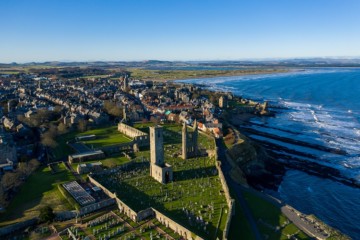
More than 88% of research carried out at St Andrews is world-leading or internationally excellent, according to the results of REF 2021.
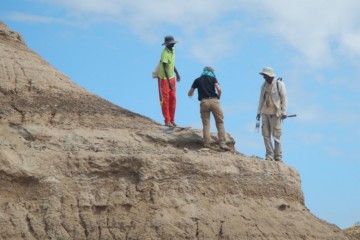
Dating of a massive volcanic eruption in Ethiopia has reassessed the age of Homo sapiens remains, revealing they are almost 30,000 years older than previously suggested.
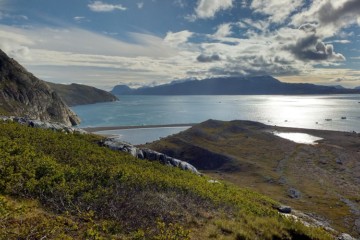
A new understanding of how volcanic processes form deposits of rare earth metals is revealed in a new study from St Andrews.

Newly categorised 'eggshell planets' have ultra-thin crusts too thin to sustain tectonics and will be hostile to life, says new research.
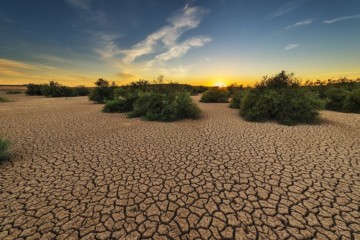
Climate change will be amplified on the hottest days in tropical regions, causing severe impact to human health, new research has found.
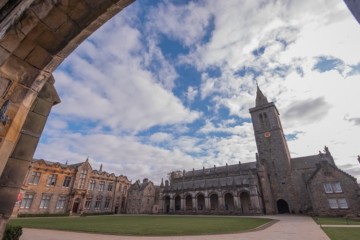
Three top research prizes have been awarded to academics at the University of St Andrews by a major national funding body.

New international climate modelling and geochemical data research confirms major changes to Pacific Ocean currents.
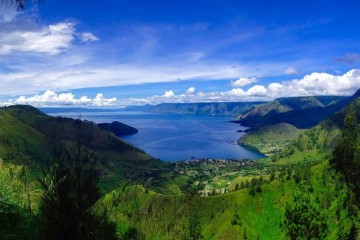
New research reveals the timing of a volcanic super-eruption that may have shaped the evolution of our early human ancestors.

A leading climate scientist at the University has described a major UN climate change report as crucial for the future of the planet.